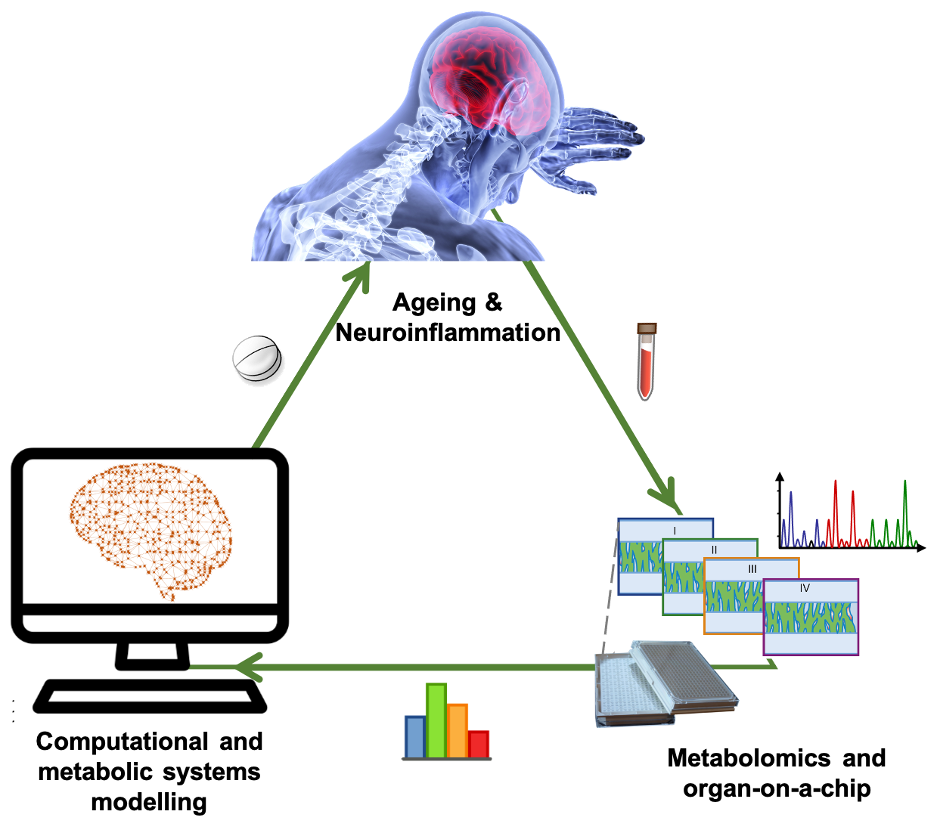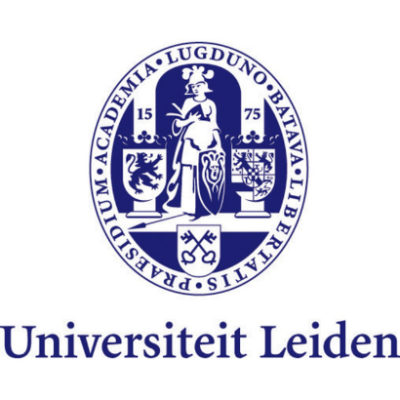Dissecting neuroinflammation using metabolomics and organ-on-a-chip
This project involves a multidisciplinary, public-private consortium between Leiden University and Khondrion that brings together two partners with expertise in technological developments of in-vitro neurovascular models and drug development to treat neuroinflammation. In NEUROMET, novel methods will be developed to identify neuroinflammation mechanisms in in-vitro models and humans.
There is accumulating data indicating that various chronic conditions prevalent in older adults such as depression, cognitive decline, migraine, chronic fatigue and chronic pain are linked to chronic inflammation. Experimental disease models are pivotal to improve our understanding of disease conditions and the role of metabolic biomarkers. In this context, metabolites are interesting not only as markers but also as causal factors since they are probably bioactive and can guide towards potential intervention strategies.
The effect of blood-based metabolic or immune biomarkers on the brain will be studied in the context of neurodegenerative diseases in older adults by perfusing patients’ blood through the blood vessel of a human neurovascular in-vitro model and measuring the effect on neurons and astrocytes. Metabolomics and tracer-based metabolomics will be used combined with a computational reconstructed metabolic network model to understand neuroinflammation and to identify the effect of these circulatory markers. This experimental and computational strategy will identify the changes in fluxes through metabolic pathways induced by circulatory, metabolic factors causing brain dysfunction.
The experimental and technological setting and results will be useful for several clinical, biomedical and drug research applications. Thus, there has been engaged with clinical researchers and pharma companies to exploit this platform once it is developed. NEUROMET is also strengthening the VOILA consortium because it contributes to the biological/biochemical understanding of metabolic biomarkers and adds the component of brain health and well-being to the knowledge that VOILA generates for the older adult population segment.



